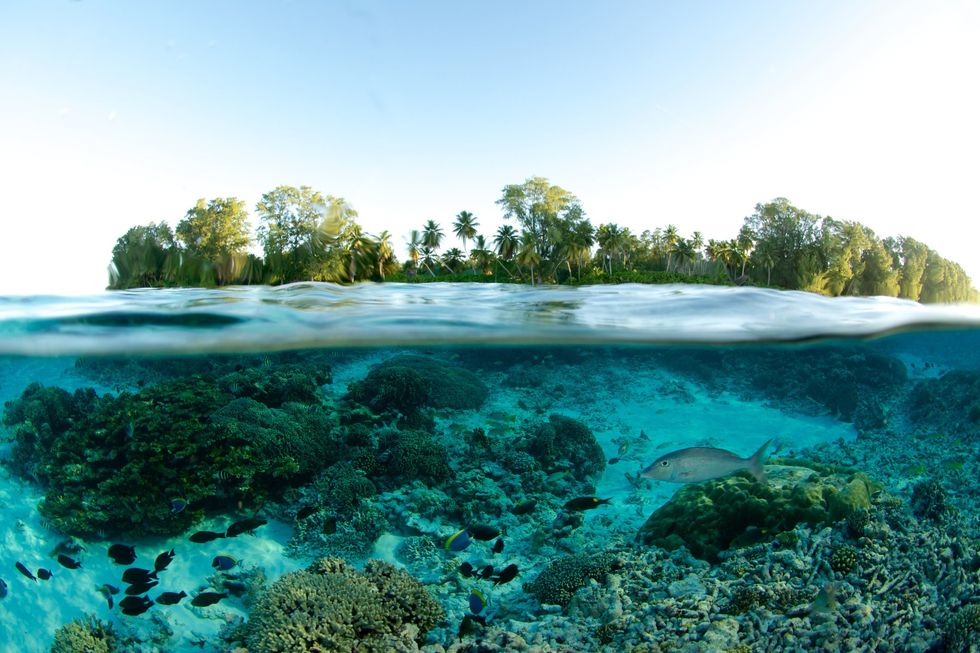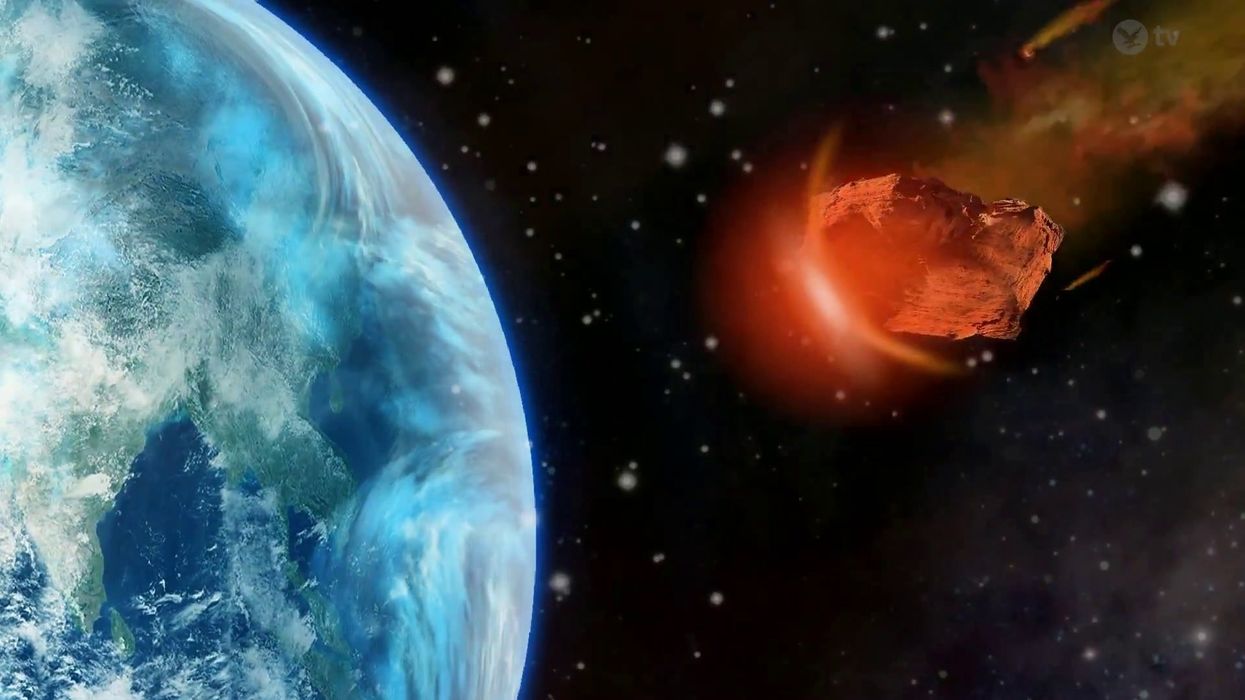Science & Tech
Harry Fletcher
Jul 08, 2025
Asteroid will strike Earth later today, astronomers say – but it should …
LUMEN / The Independent
A new scientific study has detailed the catastrophic event that led to 90 per cent of life being wiped from Earth, which reevaluates one of the most devastating moments in the history of our planet.
The event took place around 250 million years ago and such was the devastation caused, it proved more deadly than the asteroid that took out the dinosaurs.
The study questions everything we thought we knew about the Great Dying, which had an enormous impact on nearly all life on Earth.
The research claims that an underwater event had a huge effect, along with the warming of global temperatures caused by the sudden release of carbon dioxide caused by unprecedented volcanic activity.
It was previously thought that the main cause of temperatures rising at the time was caused by activity in the area known as the Siberian Traps, which resulted in acid rain and oxygen levels falling to deadly lows in the Earth's oceans.
However, an event that took place underwater could have had more of a significant role according to a new study published in the journal Science.

Researchers from the University of Bristol and China University of Geosciences (Wuhan) have claimed that El Niños were responsible for causing the climate to vary wildly and forests to be killed off.
What are El Niños, exactly? They’re phenomena that result in sea surfaces warming significantly and typically take place in the central-east equatorial Pacific.
While volcanic activity certainly played a major role in the Great Dying, experts are claiming that the impact of El Niños should not be underestimated.
Prof Yadong Sun from the China University of Geosciences claims that oxygen isotopes in fossils suggest that El Niños could have been involved in the devastating loss of life.
Dr Sun said: “Most life failed to adapt to these conditions, but thankfully a few things survived, without which we wouldn’t be here today. It was nearly, but not quite, the end of life on Earth.”
Dr Alexander Farnsworth from the University of Bristol is the co-lead author of the study. Dr Farnsworth said: “Climate warming alone cannot drive such devastating extinctions because, as we are seeing today, when the tropics become too hot, species migrate to the cooler, higher latitudes.
“Our research has revealed that increased greenhouse gases don’t just make the majority of the planet warmer, they also increase weather and climate variability making it even more 'wild' and difficult for life to survive.”
This article was originally published on 21 September 2024
Why not read...
AI 'cannot understand' language at all
Staggering NASA simulation shows what it's like to enter a black hole
Sign up for our free Indy100 weekly newsletter
How to join the Indy100's free WhatsApp channel
Have your say in our news democracy. Click the upvote icon at the top of the page to help raise this article through the Indy100 rankings
Top 100
The Conversation (0)














